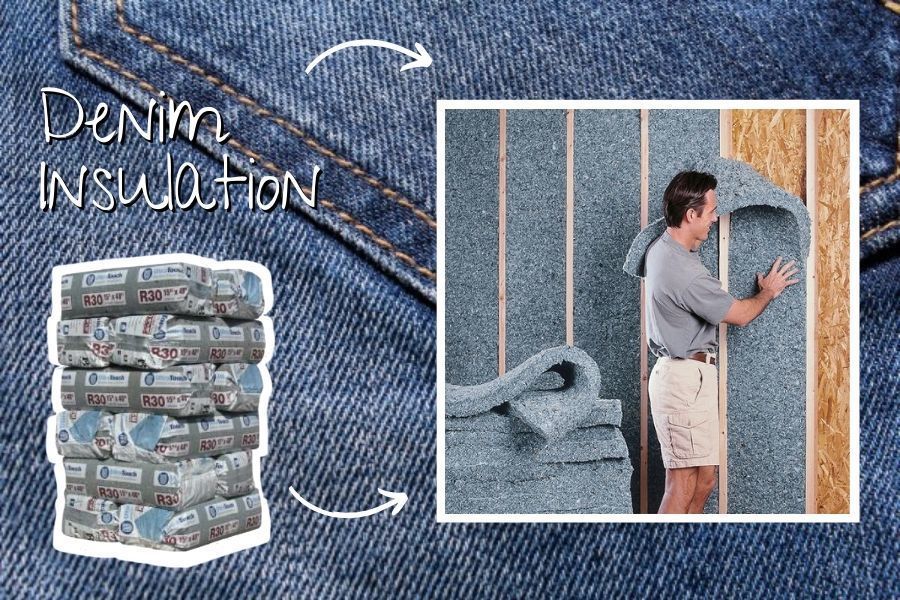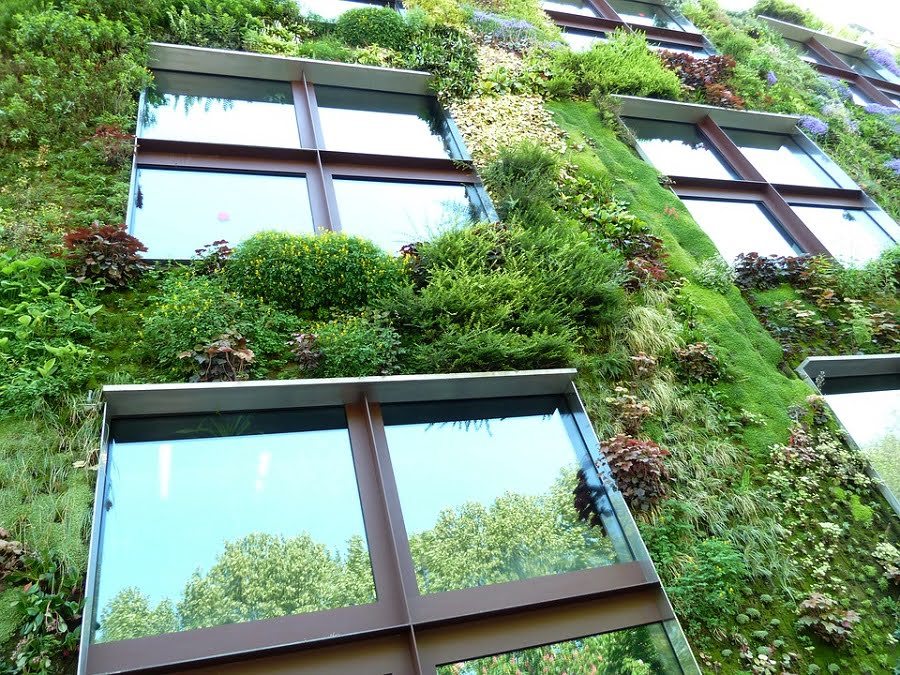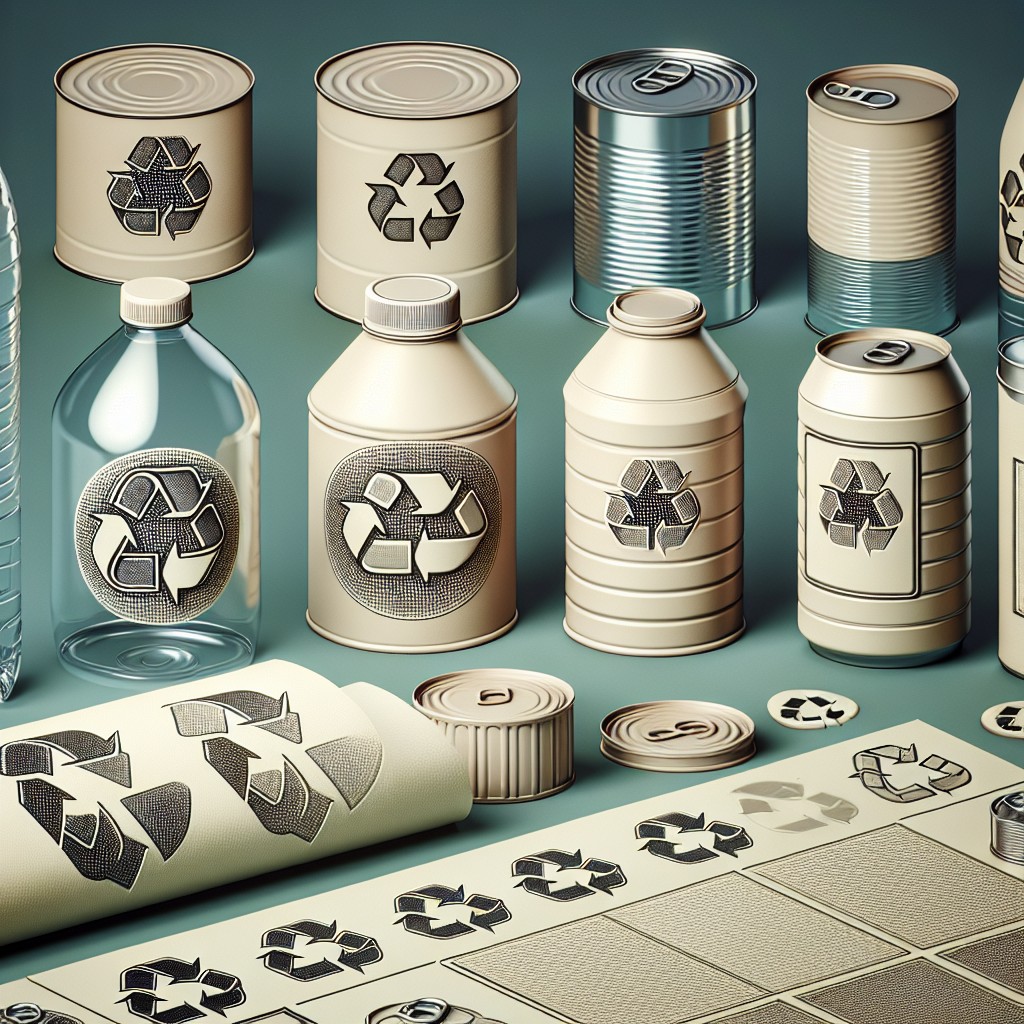Last updated on
Understand the correct ways to recycle baby formula cans and grasp the environmental significance of doing it right in a few easy steps.
Key takeaways:
- Baby formula cans are made up of a combination of materials.
- Metal components of formula cans are highly recyclable.
- Cleaning and separating components are crucial for proper recycling.
- Recycling formula cans conserves resources and reduces waste.
- Empty formula cans can be repurposed for various uses.
Understanding the Components of Baby Formula Containers
Baby formula containers are typically made up of a combination of materials that optimize freshness and durability. A common packaging used is steel or aluminum cans with a plastic lid and a paper label, while others may use cardboard containers with a metal base and lid, or entirely plastic tubs. Each material plays a role in protecting the formula from moisture and air, which could compromise the product’s safety and shelf-life.
It’s crucial to recognize that the mix of materials can pose a challenge for recycling. Metal components are highly recyclable and can often be melted down and reused with no loss of quality. Plastics, depending on the type, can also be recycled but may be more limited in their recyclability based on local facilities’ capabilities. Cardboard is widely recyclable but must be free of food residue or plastic lining to be processed correctly.
Acknowledging these components helps individuals make informed decisions about recycling and understand the importance of proper separation and cleaning prior to disposal.
Ways to Recycle Formula Cans
Recycling facilities often accept steel and aluminum, the typical materials used in formula cans. Look for the recycling symbol and type of material indicated on the can to ensure proper sorting.
If the can has a plastic coating or lid, remove these components as they may need to be recycled separately. Clean the can thoroughly to rid it of any formula residue; contaminants can hinder the recycling process.
Flatten the can if possible to save space in your recycling bin and facilitate easier transport. Check with your local recycling program for specific guidelines, as some areas may have special instructions for metal containers.
Remember, a quick rinse and sort can go a long way in contributing to effective recycling.
How to Prepare Formula Cans for Recycling
Before placing formula cans in the recycling bin, a few simple steps ensure they are appropriately processed:
1. Empty the contents thoroughly since residual formula can contaminate other recyclables. Contamination can lead to the rejection of an entire batch of recycling, so this step is crucial.
2. Rinse the can to remove leftover residue. A quick wash helps prevent pests in the recycling facility and reduces unpleasant odors.
3. Peel off any plastic labels. While the metal parts of the can are recyclable, the plastic labels often are not and need to be disposed of separately.
4. Check with your local recycling program if they accept the type of metal your formula can is made of—most are made of steel or aluminum, which are widely accepted.
5. Flatten or crush the can if possible. This step reduces the space the cans occupy, making transportation more efficient.
6. Sort the lid and can if they are made of different materials. Typically, plastic lids need to be sorted separately from metal cans.
By following these guidelines, you ensure that your formula cans are recycled correctly, helping to conserve resources and reduce waste.
Benefits of Recycling Formula Containers
Recycling formula containers offers numerous advantages for both the environment and communities. Here’s why it’s worth the effort:
1. Conserving Resources: By recycling, the materials used in formula cans like aluminum, steel, and plastic can be reprocessed and turned into new products, reducing the need to mine or produce new raw materials.
2. Energy Savings: Repurposing existing materials generally consumes less energy compared to manufacturing from scratch, which means a lower carbon footprint and contribution to climate change.
3. Waste Reduction: Every can recycled is one less item taking up valuable space in landfills, which are rapidly reaching capacity in many areas.
4. Economic Boost: Recycling programs create jobs in sorting and processing materials, as well as in the industries that convert recycled materials into new products.
5. Protecting Wildlife: Properly disposing of and recycling formula cans can prevent wildlife from being harmed by litter and reduce pollution in natural habitats.
Embracing recycling is a simple step that can have a profoundly positive impact on the planet’s health and its residents’ well-being.
What Can I Do With Empty Formula Cans?
Repurpose with a purpose – give those empty cans a second life by transforming them into kitchen or desk organizers to neatly store utensils or office supplies.
Get crafty – awaken your artistic side by using the cans for DIY art projects. Paint them, add some glitter, or convert them into adorable planters to add a personal touch to your home decor.
Donate to schools – many educational institutions happily accept these cans for storage or art projects. Touch base with local schools or playgroups that might make use of them.
Provide for pets – with a bit of creativity, they can become food storage containers or puzzle feeders for pets, combining recycling with fun and function.
Community contribution – scout for community gardens or local initiatives that could incorporate these cans into their activities or use them for storage. Your trash could be their treasure.
FAQ
Can formula can be recycled?
Yes, formula cans are recyclable, but they need to be empty, dry, and have their caps screwed back on before being placed in your recycling bin.
Are Enfamil bottles recyclable?
Yes, Enfamil bottles, made of polypropylene, are recyclable and free of BPA and phthalates including DEHP.
What parts of a formula can are not suitable for recycling?
Certain components in infant formula packaging, such as the foil seals and plastic scoops, are typically not suitable for recycling.
Are organic formula packages more eco-friendly and recyclable than regular ones?
While certain organic formula packages may use more earth-friendly packaging materials, it doesn’t universally guarantee all organic formula packages are more eco-friendly and recyclable than regular ones.
How can we repurpose empty baby formula cans instead of discarding them?
Empty baby formula cans can be repurposed into storage containers for dry goods, handy DIY craft supply storage, coin banks, or even decorative pots for plants.
Related reading:
Table of Contents


